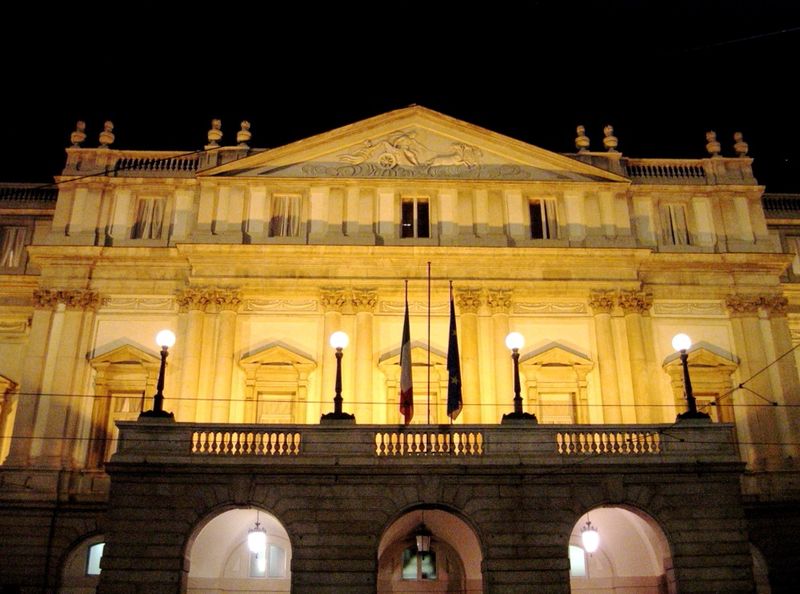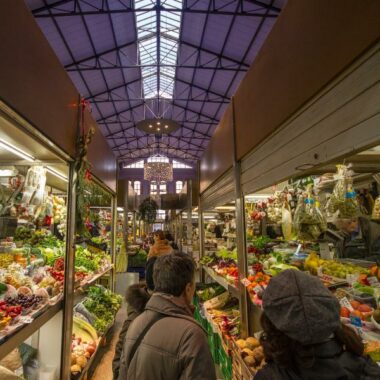European top soccer clubs have announced their plans for a Super League. But not everyone agrees.

The Italian teams of Juventus, Milan, and Inter have already confirmed their participation in the soccer Super League. Still, they are participating in something that doesn’t yet exist.
The latest updates
Dead before being even born, it seems like the League is officially a no-go. After the criticism from fans and European teams, the members of the tournament started leaving. Until no one was left. Now, as of April 23rd, local championships are discussing possible fines and penalties.
The soccer Super League explained
Before April 2021, this tournament was only an idea. Now, it has turned into a possibility. Here’s what the latest buzz in the sports world is about. The founding members of this (still) non-existent tournament released a statement.
”The founding clubs wish to implement the Super League project in agreement with FIFA and UEFA, taking into account the interests of the other stakeholders participating in the football ecosystem. Meanwhile, in order to ensure the success of the project and promptly implement it, the Super League company may also seek judicial protection of its rights.”
How it works
It’s a true breakaway from the UEFA Champions League. This tournament would be midweek and count up to 20 teams. Plus, 15 of them won’t need to qualify. In fact, they would be the founding members. So far, 12 teams from all over Europe have joined. Names like Chelsea, Barcelona, and Liverpool are interested. So are three Italian clubs.
The team would be divided in two groups of ten, competing in two separate rounds FROM. The top six clubs will move onto the quarters. While the fourth and fifth teams of the rounds will compete in two games to gain a spot in the quarters. To reach the final, the participants will play in a direct elimination. And the final will be one game, at the end of May.
Rumor has it, the soccer Super League will star in 2022.
The criticism
Since the League will be midweek, the participants can still play in their Championships. If their respective Series allow it. In fact, national leagues have already threatened to kick out the teams. So, Milan, Inter, and Juventus won’t play in the Serie A anymore.
But European tournaments weren’t happy either. The teams of the soccer Super League don’t want to give up their participation in the Champions League. But they might not have a choice.
The European soccer’s governing body UEFA, the Italian Soccer Federation (FIGC), the Lega Serie A and the football authorities of England and Spain released a statement.
“Football is based on open competitions and sporting merit; it cannot be any other way,” the statement said, “the clubs concerned will be banned from playing in any other competition at domestic, European or world level, and their players could be denied the opportunity to represent their national teams.”
Plus, the birth of this exclusive League doesn’t scream fair-play. In fact, it won’t be accessible to all teams. It’s for the elite and the elite only.

The reasons behind the Super League
So, with all these threats and criticism, what is the incentive for participating teams? Soccer is more than a sport. It’s an industry and business. Hence, a mean of wealth. And the pandemic hit hard on the profits.
The statement of the founding members sheds light on the financial benefits. In fact, the soccer clubs will receive a grant of euro 3.5 billion, almost $4.5 billion. This amount will be divided by every member, according to a specific percentage. Plus, there will be a Super League company made of the founding members. The teams will become owners. Hence, more potential profit. And that’s a bonus, especially for Italian clubs.
The business of Italian soccer
Soccer has always been lucrative, but the pandemic put a halt to its success. Before Covid-19, the industry produced over 10 billion euro, every year. Of this number, the Italian games contributed to euro 175 million, or $185. Worldwide, Italian soccer amounted for 12% of the total income from the sport. And over 2 billion viewers enjoyed games.
In 2018, any team from Serie A generated at least euro 154 million, or over $160 million. Furthermore, 1.5 million fans are also members of their favorite club and polls suggest that 64% of Italians are interested in the sport. In 2019, sports betting amounted to euro 10,5 billion.
But the pandemic changed it all. While the official numbers aren’t out yet, only the losses from live fans can be huge. With no one at the stadiums, the teams lost revenue. Just as they lost income from their merchandise.
Indeed, the soccer Super League is an opportunity for this business. And only the future can tell what will happen.

Curious about sports? Read our investigation into Gender equality in sports.
























Even if the pandemic had a big impact, this sport will always last and i’m happy about that !
It’s always weird to see the benches half empty
We will see what happen in 2022, at least we can still watch them play